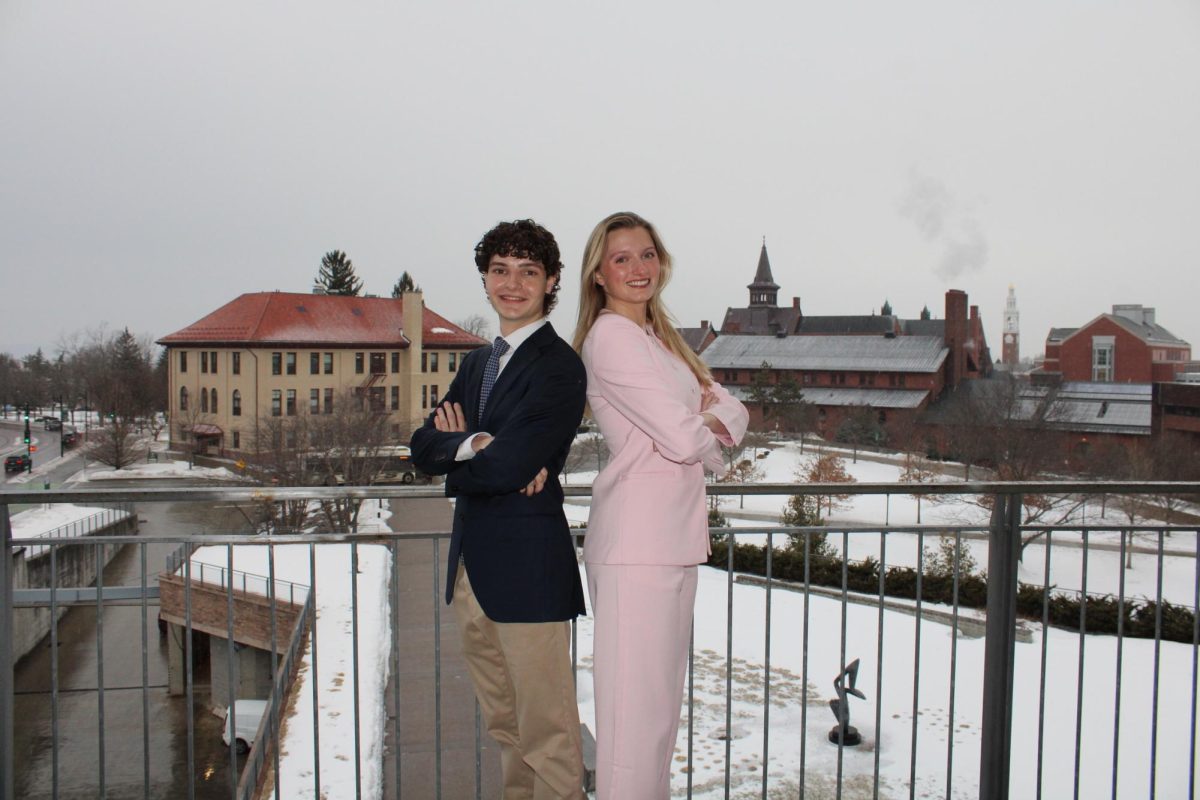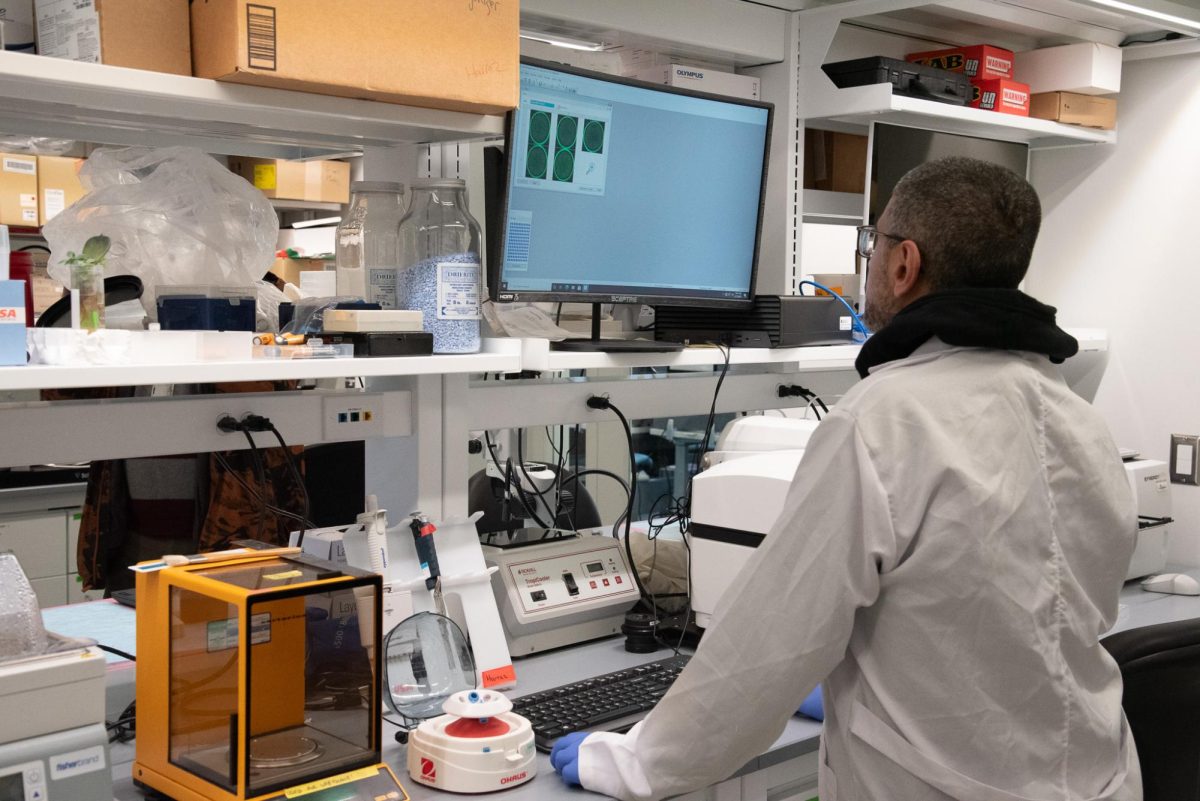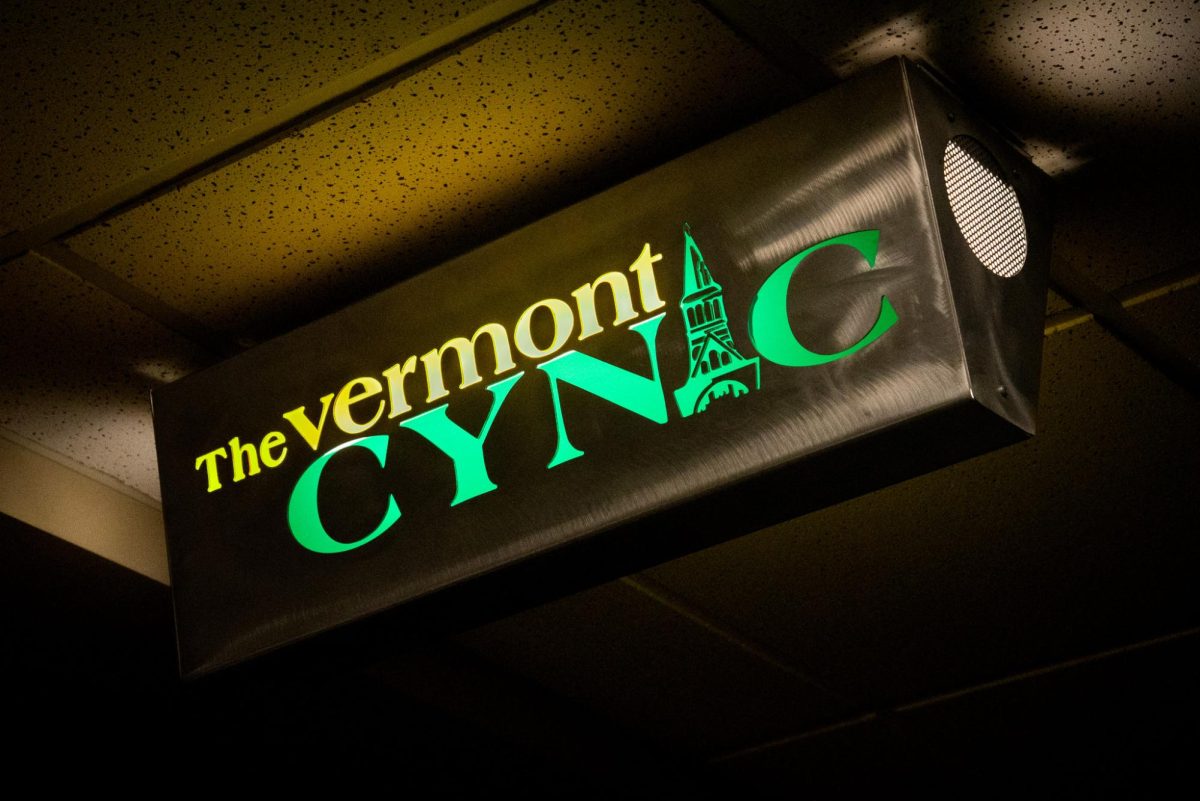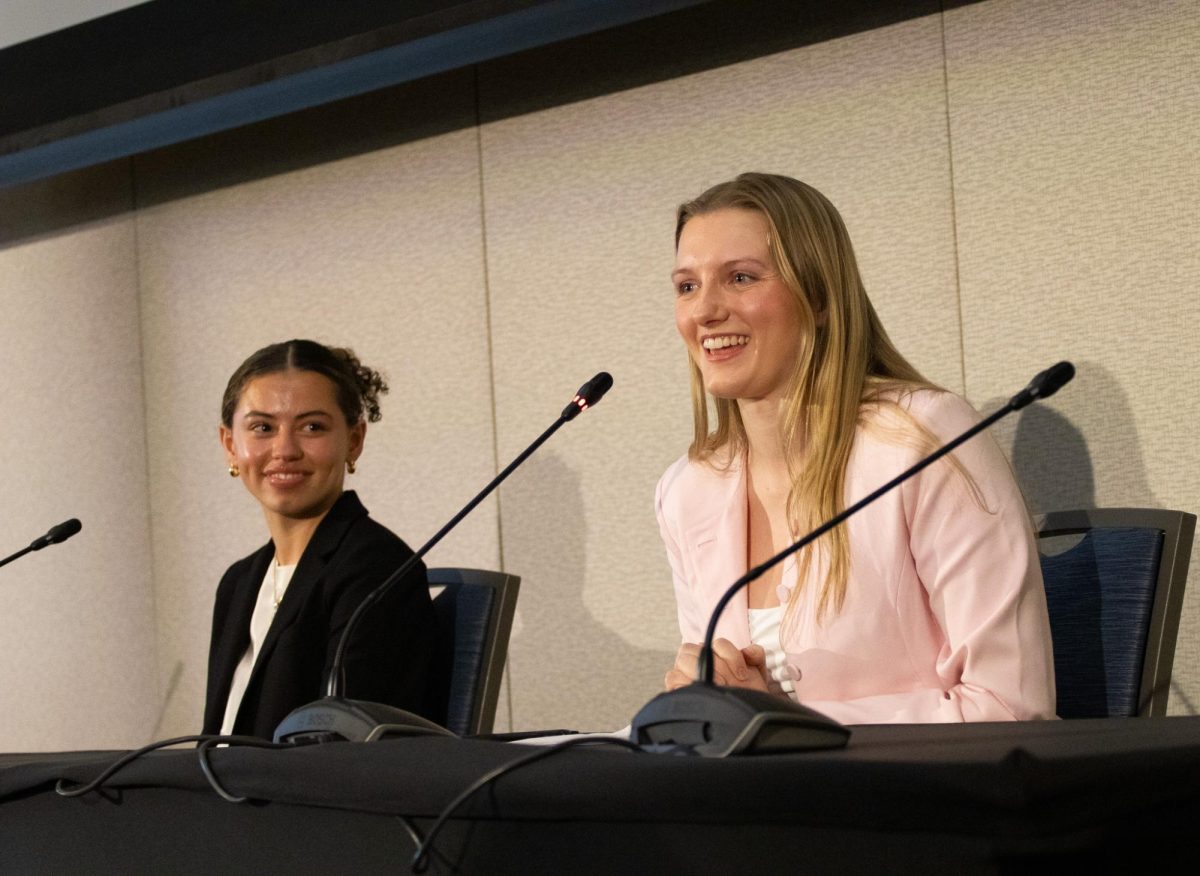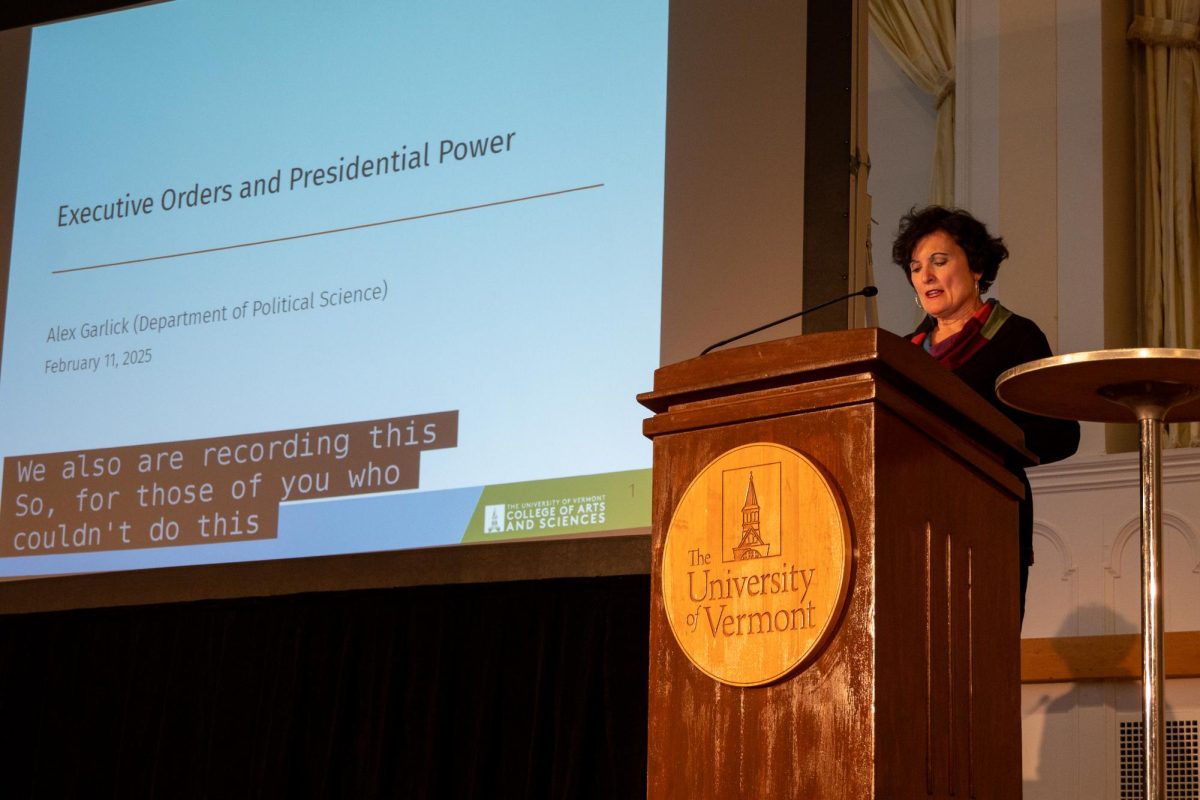Students will have the opportunity to learn about local farming and agriculture at a campus-wide conference in February.
The Northeast Organic Farming Association of Vermont will be holding their 34th Annual Winter Conference at UVM Feb. 13 to 15, said Enid Wonnacott , executive director of the conference.
The conference will feature over 100 workshops from commercial organic producers and gardeners, localvores and homesteaders, Wonnacott said.
There will be opportunities for young student farmers, or students interested in agriculture and soil sciences, to meet and network with other local farmers, she said.
The conference provides students with a realistic look at the world of farming and organic, nutritious food production, Wonnacott said.
“If you’re a student that is interested in having a powerful impact on the world, you can come to the conference, and it gives you the power and confidence to continue that path,” she said.
A scholarship of free admission for the NOFA-VT conference will be offered to about 50 students this year, said Alison Nihart, assistant to the UVM Food Systems Initiative.
“It’s a really great opportunity that NOFA hosts their conference [at UVM] every year,” Nihart said. “It’s a really educational event for people interested in food, agriculture and people who are at many different stages of their interest in food systems.”
Outside of the scholarship, students can attend for the member price of $65 per day, or they can volunteer for a few hours and receive a $15 discount, she said.
Junior Katherine Nash, president of Slow Food at UVM, said that she attended the conference last year and plans on going again this year.
Slow Food at UVM is a student organization that seeks to increase community and student awareness of local and sustainable food options, according to its facebook page.
Nash, who attended the conference to connect with local farmers, said the event was educational and offered a lot of information surrounding food issues in Vermont.
“They had different talks about certain diets and certain ways of eating that were conducive to local farming,” she said.
Nash said she thinks it is useful to attend the conference for anyone who is interested in agriculture and food science.





